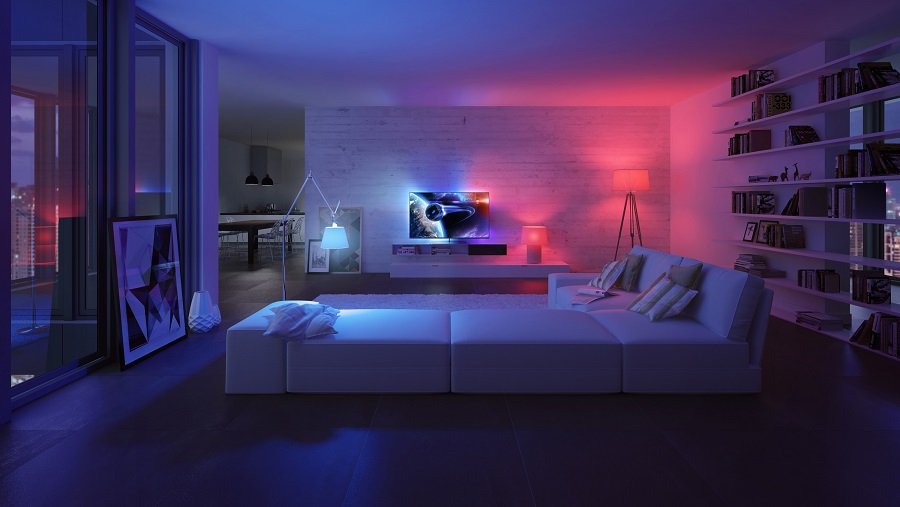Could the Amazon Echo become the first voice-controlled console?
These aren’t just games for the mainstream. This is a new kind of gaming for a new breed of gamer, and, given the right tools, these games could become a whole lot more immersive.
To make this possible, however, voice control may have to move beyond just the Echo. With Alexa having already been integrated into everything from smartphones to stereos and cars to fridges, it seems only a matter of time before it makes its way into dedicated gaming hardware, such as existing consoles and – potentially to huge benefit – VR headsets.
Voice and VR
Although HTC, which makes the ultra-immersive Vive headset, hasn't yet committed to introducing Alexa integration, or voice assistance of any sort, the benefits of voice control for VR aren’t lost on the company.
“From our perspective we’re investigating everything, and there is a microphone built into the headset itself to allow calls,” Graham Wheeler, Senior Director of Virtual Reality at HTC, told us.
“All interactions are being looked at, whether it’s with trackers or controllers, and things like the MindShare application already let you add your voice into the game itself.

“We expect that will be something people use, but it depends on the developers how they use it themselves. Part of that extension is making sure it becomes natural to your environment, so we’d expect people to develop methods that work really well around that.”
While having Alexa integrated into multiple devices will open up the platform, existing Alexa skills which, for example, allow connected devices such as Nest Thermostats and Philips Hue lighting to be controlled by via the Echo speaker, have the potential to create even more immersive gaming experiences.
Sign up for breaking news, reviews, opinion, top tech deals, and more.
“It would be really cool for a horror experience to start playing with the lights in your house or lower the temperature in your room if there’s an icy draft,” RuneScape designer Ogilvie suggests.
“The device itself has a light on top; what if you could control that light and use it to indicate a health bar for a player, or change the color based on the danger a player was in during the story they were experiencing? That’s all the sort of thing that would heighten the experience for the player.

“Ultimately, my dream is to be able to do a multiplayer dungeon bash, where Alexa acts as a dungeon master and I can connect to three friends across the world and we can role-play together.
“Alexa would do all of the dice rolls for me and presents the scenes to me, and instead of giving me a fixed number of options on how to do something, it can jam with me essentially, just like a dungeon master can with its players.”
It's all about the money
Sadly, as is often the way with these things, it may not be the technology that holds up the progression at all, but financial factors – the issue in this case being that there's currently none to be made.
“Any developer that makes a game is going to want to monetise that experience. They are going to need to be able to monetise that experience, and right now, you can’t monetise within the Alexa platform,” Ogilvie adds.
“Amazon could turn around and say you can only monetise in this way, and that could immediately prevent certain types of games from ever being on that platform. Amazon has to be flexible in order to appeal to different sorts of games, different sorts of developers and different sorts of markets.”
So, while the Amazon Echo has the potential to be the world’s first voice-controlled console, the usual stumbling blocks of time, money and effort could get in its way.
“Alexa, cross your fingers and ask Amazon to sort this out.”